Tag: Erwin Chemerinsky
Dahlia Lithwick talks Speech, SCOTUS and Stanford Law SchoolDahlia Lithwick talks Speech, SCOTUS and Stanford Law SchoolDahlia Lithwick talks Speech, SCOTUS and Stanford Law SchoolDahlia Lithwick talks Speech, SCOTUS and Stanford Law SchoolDahlia Lithwick talks Speech, SCOTUS and Stanford Law School
Chair
The National Center for Free Speech and Civic Engagement at the University of California is chaired by UC President Drake and governed by two advisory boards: a National Advisory Board and an Academic Advisory Board.
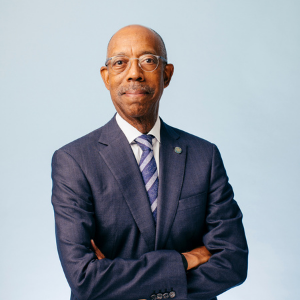
Michael V. Drake
President, University of California
National Advisory Board Co-chairs
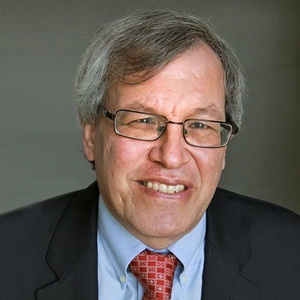
Erwin Chemerinsky
Dean, University of California, Berkeley School of Law
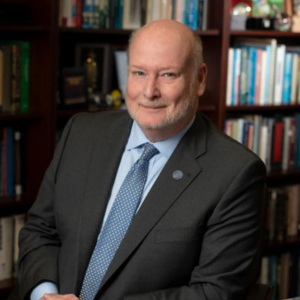
Howard Gillman
Chancellor, University of California, Irvine
Executive Director
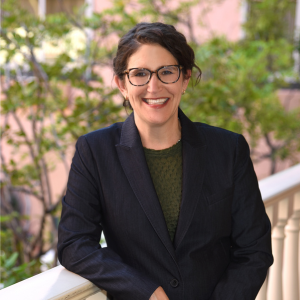
Michelle N. Deutchman
Executive Director m.deutchman@uci.edu
Center Staff

Brenda Pitcher
Executive Assistant bpitcher@uci.edu

Melanie Ziment
Communications and Program Associate mziment@uci.edu
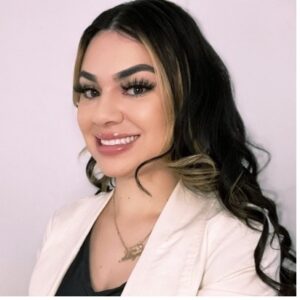
Kristen Gonzalez
Program Coordinator k.gonzalez@uci.edu
National Advisory Board
The National Advisory Board is responsible for providing guidance to the Center’s Executive Director and UC senior officials overseeing the work of the Center, to ensure that it is advancing its mission with high quality and high impact programming and activities. It is co-chaired by UC Berkeley Law Dean Erwin Chemerinsky and UC Irvine Chancellor Howard Gillman.

Margo Bennett
Retired Chief of Police, University of California Police Department, Berkeley
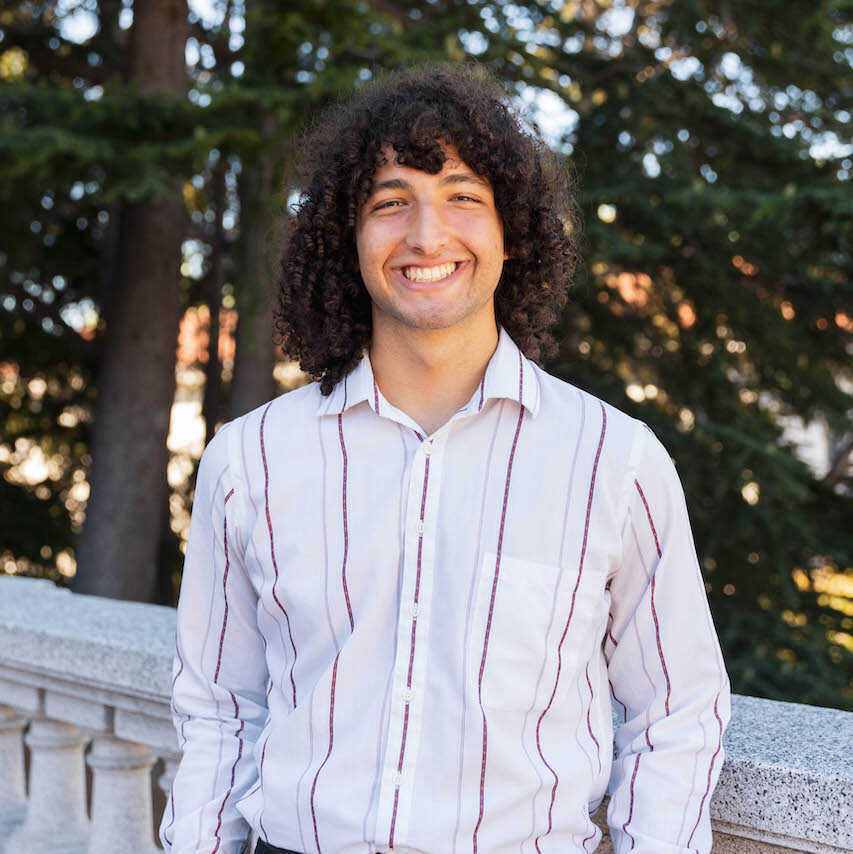
Alex Edgar
Youth Engagement Manager, Made By Us
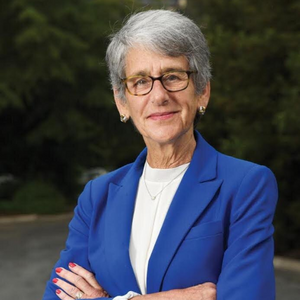
Hannah-Beth Jackson
Founder and CEO, Hannah-Beth Jackson & Associates; Former California State Senator
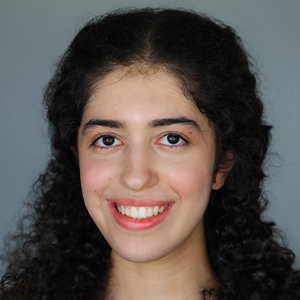
Mehra Marzbani
Undergraduate Student, UCLA
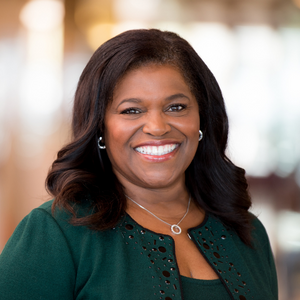
Renee Chapman Navarro, Pharm D, MD
Vice Chancellor and Chief Diversity and Outreach Officer, Professor of Anesthesiology and Perioperative Care, University of California, San Francisco
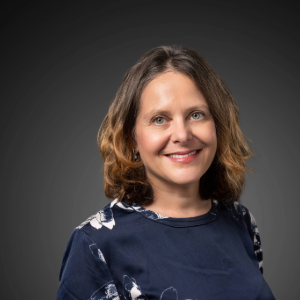
Sigal Ben-Porath
MRMJJ Presidential Professor, Policy, Organizations, Leadership, and Systems Division

Margaret Talev
Kramer Director, Syracuse University Institute for Democracy, Journalism and Citizenship
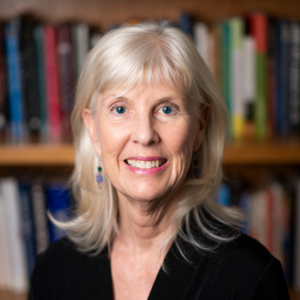
Nancy Thomas
Senior Advisor to the President for Democracy Initiatives and Executive Director of IDHE at AAC&U

Eugene Volokh
Thomas M. Siebel Senior Fellow at the Hoover Institution, Stanford University
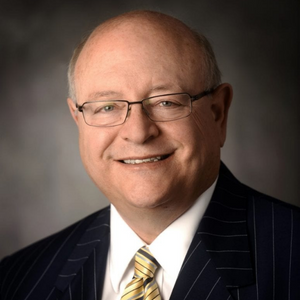
Mark G. Yudof
President Emeritus, University of California

Alexis Atsilvsgi Zaragoza
Masters of Public Policy Candidate, UC Berkeley
Academic Advisory Board
The Academic Advisory Board includes professors representing a variety of disciplines across all ten UC campuses. They will assist in the creation of the Center’s project priorities and future selection of fellows. Members will serve as liaisons between their university and the fellow that is in residence for one week on their campus.
Are you a UC faculty member interested in issues of expression, engagement and democratic learning on college campuses? Or do you know one? The Center is now accepting nominations for the Academic Advisory Board. Nominate yourself and/or a colleague at this link.
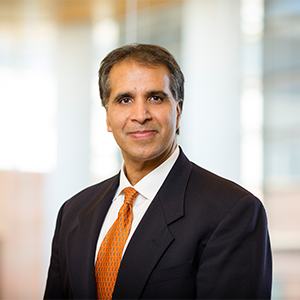
Vikram D. Amar
UC Davis - Professor of Law
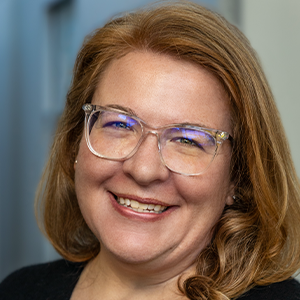
Estee Beck
UC Merced - Associate Professor of Writing Studies and Merritt Writing Program Director

Steven Brint
UC Riverside - Distinguished Professor of Sociology and Public Policy
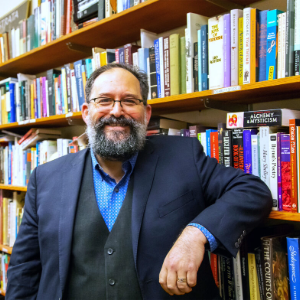
Michael M. Chemers, PhD, MFA
UC Santa Cruz - Professor and Chair of the Department of Performance, Play & Design
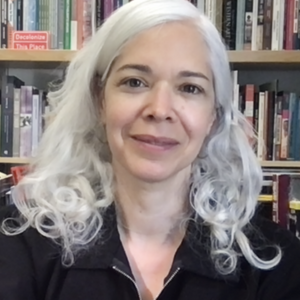
Jennifer A. González
UC Santa Cruz - Professor of the History of Art and Visual Culture

Dr. Özge Hacıfazlıoğlu
UC Berkeley - Adjunct Professor, Leadership Programs Berkeley School of Education
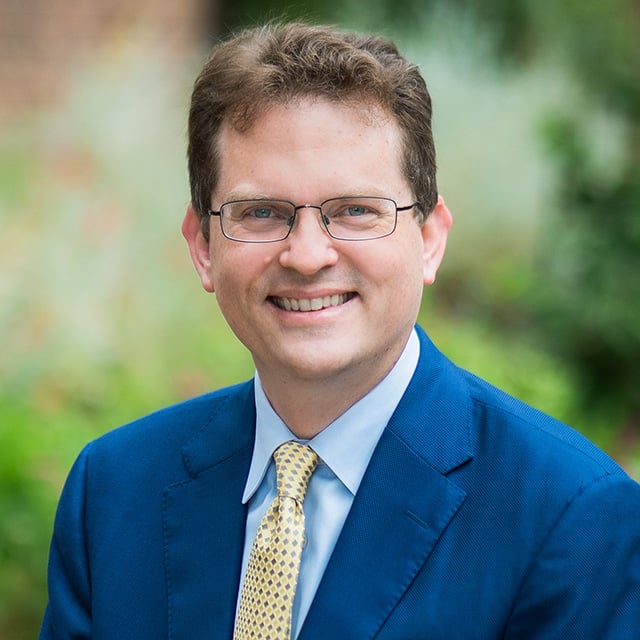
Steven W. Hetts, MD, FACR
UC San Francisco - Chair UCSF Academic Senate and Professor in Residence of Radiology, Biomedical Imaging, and Neurological Surgery

Anne Myers Kelley
UC Merced - Professor of Chemistry & Biochemistry
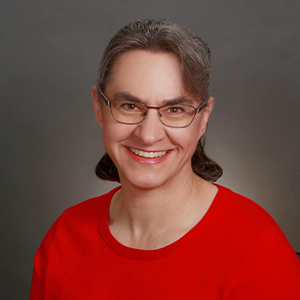
Clarissa C. Kripke, MD, FAAFP
UC San Francisco - HS Clinical Professor of Family & Community Medicine

Jennifer Lucero, MD, MA
UCLA - Associate Dean for Admissions at UCLA David Geffen School of Medicine (DGSOM), and the Vice Chair for Inclusive Excellence (OIE) for the Department of Anesthesiology and Perioperative Medicine at UCLA DGSOM
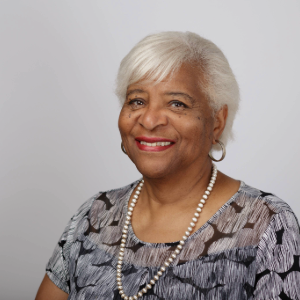
Yolanda T. Moses
UC Riverside - Professor Emerita of Anthropology and Professor of the Graduate Division
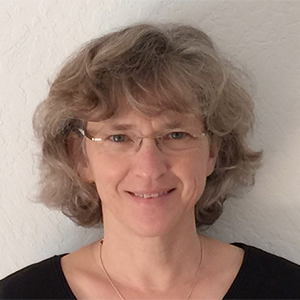
Abigail Thompson
UC Davis - Distinguished Professor of Mathematics
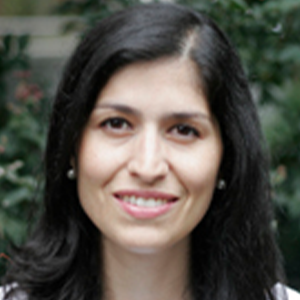
Isabel Trevino
UC San Diego - Associate Professor, Department of Economics

Ken Ueno
UC Berkeley - Professor, Composition, Department of Music
Academic Advisory Board Emeriti
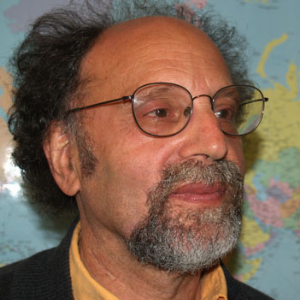
Farrell Ackerman
UC San Diego - Professor of Linguistics and Director of the Human Developmental Sciences Program
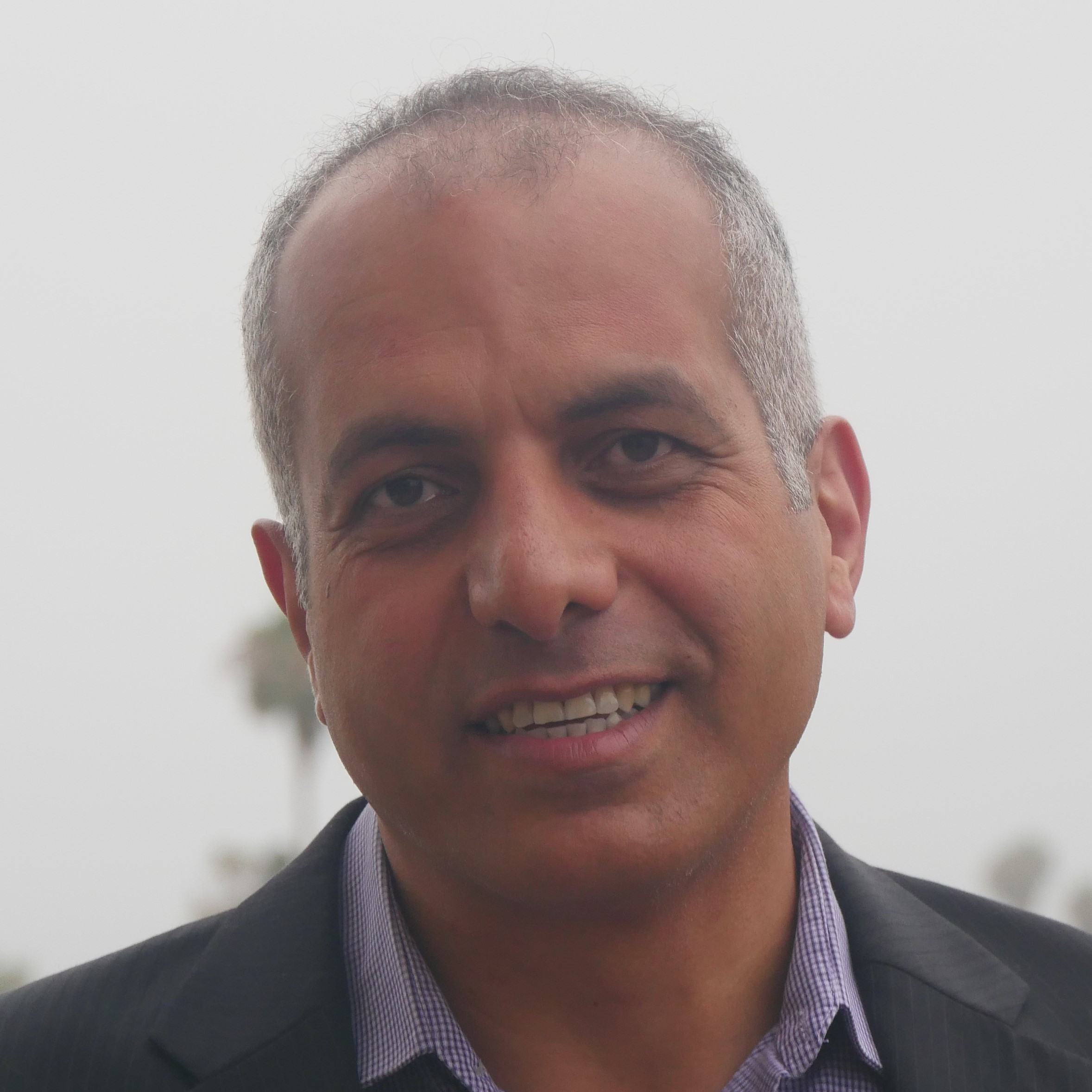
Ahmad Atif Ahmad
UC Santa Barbara - Professor, Religious Studies; Chair of the Council on Faculty Welfare, Academic Freedom, and Awards
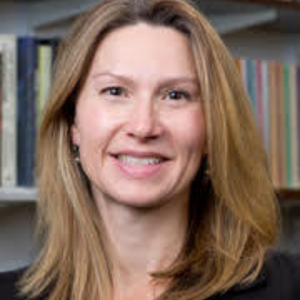
Elizabeth Beaumont
UC Santa Cruz - Associate Professor of Politics and Legal Studies

Simone E. Chambers
UC Irvine - Professor, Political Science
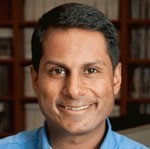
Suneil K. Koliwad
UC San Francisco - Associate Professor, Medicine, Diabetes Center; Gerold Grodsky, PhD/JAB Chair in Diabetes Research

Jeffrey Kopstein
UC Irvine - Professor of Political Science
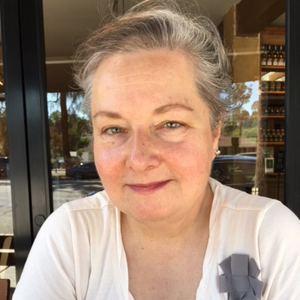
Susanne Lohmann
UCLA - Professor of Political Science and Public Policy and Director of the Jacob Marschak Interdisciplinary Colloquium on Mathematics in the Behavioral Sciences
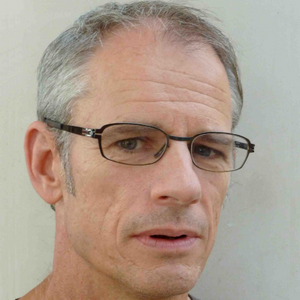
Michael Mascuch
UC Berkeley - Associate Professor; Chair, Department of Rhetoric
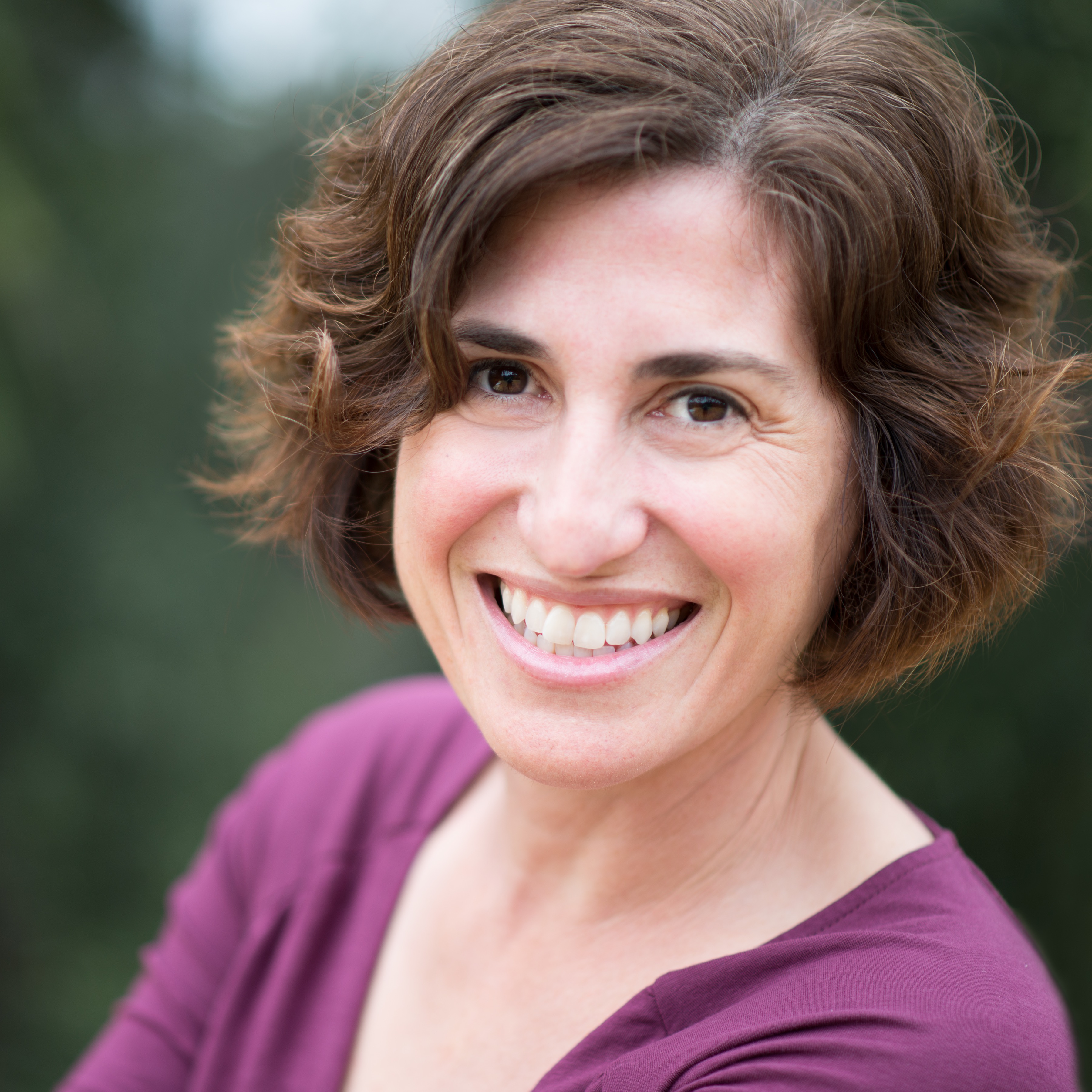
Dana Nelkin
UC San Diego - Professor, Philosophy
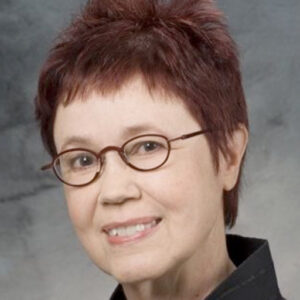
Constance Penley
UC Santa Barbara - Professor of Film & Media Studies

Mary Beth Pudup
UC Santa Cruz - Director and Associate Professor, Community Studies Program
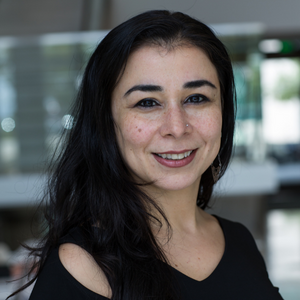
Parya Saberi
UC San Francisco - Associate Professor in Residence
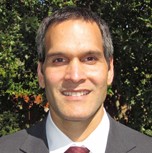
John Villasenor
UCLA - Professor, Electrical Engineering, Law, Public Policy & Management